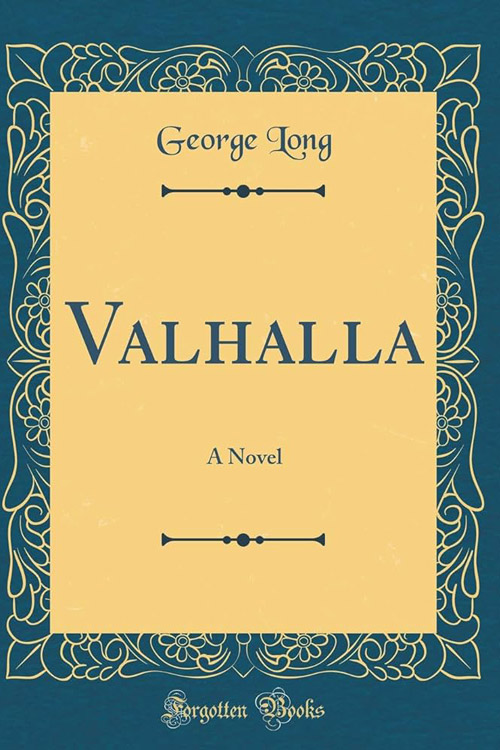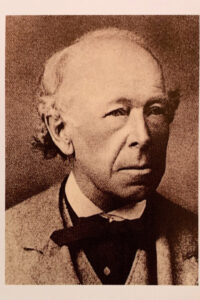
Valhalla: A Novel
There was one steamer that did not return. It was the “Albatross,” commanded by Captain Sinclair. When ordered out on a tour of inspection to see what had happened, this officer yielded to the prayers of his wife and daughter and took them with him. The ship was manned as usual, and he had on board Sir Philip Stewart, Fellow of the Royal Geographical Society, and the Reverend Charles Robertson as chaplain.
Sir Philip was a good-hearted man with a clear and practical mind, slightly retiring in disposition. His wife had been away in America with her people at the crisis, and he was afraid he had lost her. Mr. Robertson was a young man, unmarried, conscientious, and accurate to the life he had chosen. The ship was well coaled and provisioned, and Captain Sinclair meant to have a good look around; in fact, he was in no hurry to get back to his own country, realizing as he did the too awful consequences in store for it. At first, he took an eastward course and steamed slowly across the world where Europe had been; then, turning, he crossed the sea, which now rolled over Africa, and proceeded to go over what was formerly the Atlantic Ocean to make investigations concerning America, when suddenly he was startled nearly out of his senses by the cry of “Land ahead!”
“Half speed ahead “was at once the order, but they had not gone much farther when there was a grinding noise combined with a vibration of the vessel, which told those on board unmistakably that the “Albatross “had grounded. “Reverse engines, full speed astern,” cried the captain, but the ship was fast and moved not. To make things worse, a heavy storm followed behind them, and a panic ensued. Heavy seas struck the boat with great force, sending a drenching spray over the decks. The vessel began to heel ominously to one side as the wind increased.
Read or download Book
George Long
Long was born at Poulton-le-Fylde, Lancashire, the son of James Long, a West India merchant.
Biography.
He was educated at Macclesfield Grammar School, St John’s College, Cambridge, and later Trinity College, Cambridge. He was Craven University scholar in 1821 (bracketed with Lord Macaulay and Henry Maiden), wrangler, and senior chancellor’s medallist in 1822, and became a fellow of Trinity in 1823. In 1824, he was elected professor of ancient languages at the new University of Virginia at Charlottesville. Still, after four years, he returned to England as the first professor of Greek at the newly founded University College in London.
Long owned a slave named Jacob while he was at the University. In 1842, he succeeded T. H. Key as Professor of Latin at University College; from 1846 to 1849, he was a reader in jurisprudence and civil law in the Middle Temple and finally (1849–1871) a classical lecturer at Brighton College. Subsequently, he lived in retirement at Portfield, Chichester, in receipt (from 1873) of a Civil List pension of £100 a year obtained for him by Gladstone.
He was one of the founders (1830) and for twenty years, an officer of the Royal Geographical Society; an active member of the Society for the Diffusion of Useful Knowledge, for which he edited the quarterly Journal of Education (1831–1835) as well as many of its text-books; the editor (at first with Charles Knight, afterwards alone) of the Penny Cyclopaedia and Knight’s Political Dictionary; and a member of the Society for Central Education instituted in London in 1837. He contributed the Roman law articles to Smith’s Dictionary of Greek and Roman Antiquities and wrote also for the companion dictionaries of Biography and Geography.
He is remembered, however, mainly as the editor of the Bibliotheca Classica series—the first serious attempt to produce scholarly editions of classical texts with English commentaries—to which he contributed the edition of Cicero’s orations (1851–1862).






